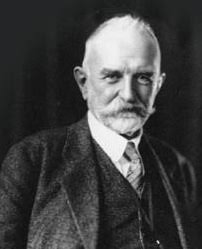Wednesday, March 7, 2012
Mainstream Swagg B-)
Hey Step Uppers in Mrs. Basi's 4th block, I decided to actually do my blog on time. Our job this week is to discuss the forces and institutions that help shape popular culture. Well you can infer from my title, that i will be talking about mainstream culture (later on in the blog). Mainstream is usually the dominant trend in opinion, fashion, or the arts. Institutions that influence what "mainstream" is, are networks like MTV, BET etc. Those networks show films, music videos, and celebrities. The way that influences popular culture could be, if kids want to buy the clothes a certain celebrity was wearing while appearing on those networks (everyone started wearing skinnys after the New Boyz came out), or start saying the slang they heard in a movie. However Tv networks aren't the only forces that influence pop culture. Any business man that is in the fashion industry (Macys, JC Penny, Ralph Lauren, Arizona), can pay celebrities or athletes to wear their clothes, or just shoot commercials about how cool and "trendy" their brands are. That's another thing that influences pop culture, name brands. 5 years ago, pollos sold for as little as $7, now, pollo is considered a name brand, and some of their underwear cost $20, it's ridiculous.

Sunday, March 4, 2012
Hi Bloggers, today i'm blogging about a topic, that not many people are fond of, Symbolic Interactionism. It is a theory developed by G.H. Mead, it emphasizes motives and meanings for individuals. It focuses on the importance of symbols for people, particularly language, as the core elements of all human interaction. Basically, symbolic interactionism is concerned with the principles of face to face interaction. Mead, was more intersted in psychology over sociology, and this theory kind of reflects this, because symbolic interactionism deals a lot with socialisation. That being human is not just about being born, but becoming a social being (interactions the child has, with people around him/her, and the child's environment).

This theory, however, does correlate back to sociology. Mead says that self-conscious beings learn to understand that id they want to take parts in social interactions, they have to recognise that they have a role to play, and how they play this role will effect others. Which is sociology, the sudy of relationships, whether nice or bad.
This theory, however, does correlate back to sociology. Mead says that self-conscious beings learn to understand that id they want to take parts in social interactions, they have to recognise that they have a role to play, and how they play this role will effect others. Which is sociology, the sudy of relationships, whether nice or bad.
Subscribe to:
Posts (Atom)